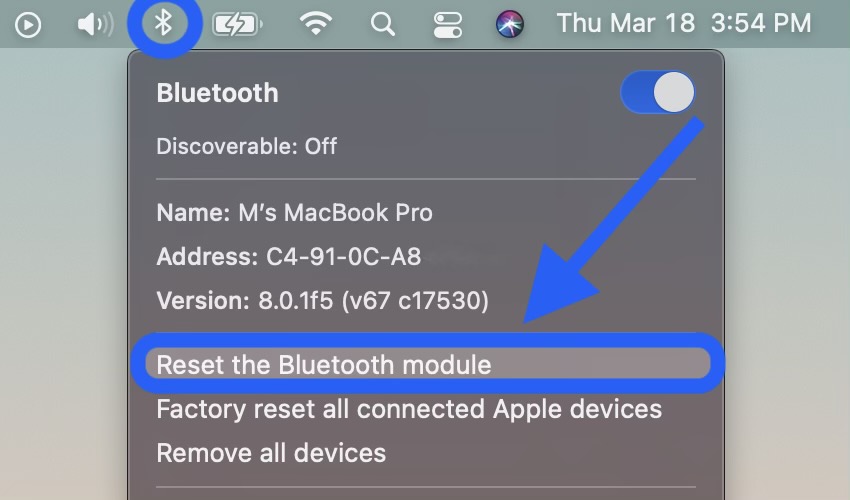As per many many previous posts, I'm continuing to learn - and love - jq.
One thing that's especially useful is the ability to be able to corral multiple facets together using the pipe ( | ) symbol, especially when searching/listing.
I did, however, fall into a trap this AM.
So I'm querying my IBM Cloud account for a Key Protect instance: -
ic resource service-instances --output JSON | jq -r '.[] | {Name: .name} | select(.name | endswith("kms"))'
which resulted in: -
jq: error (at <stdin>:77): endswith() requires string inputs
So what did I do wrong ?
To break it down, this is what I'm doing: -
List my IBM Cloud Service Instances
ic resource service-instances
Print the output in JavaScript Object Notation (JSON)
ic resource service-instances --output JSON
Parse the output via jq
ic resource service-instances --output JSON | jq
Strip out double-quotes where possible ( i.e. raw text )
ic resource service-instances --output JSON | jq -r
Inspect the array that comprises the output
ic resource service-instances --output JSON | jq -r
Only print the name field, aka .name, *AND* format it as Name
ic resource service-instances --output JSON | jq -r '.[] | {Name: .name}
Use the name field for a select ( search )
ic resource service-instances --output JSON | jq -r '.[] | {Name: .name} | select(.name
Look at the end of the name field, for the characters "kms" - short for Key Management System
ic resource service-instances --output JSON | jq -r '.[] | {Name: .name} | select(.name | endswith("kms"))'
and that's where the borkage occur...
Can you see what I did wrong ?
I asked jq to format the output of the .name field as Name, and then tried to search the output for .name ....
In this case, jq is reformatting the output JSON from .name to .Name ...
Here's an example with the search removed: -
ic resource service-instances --output JSON | jq -r '.[] | {Name: .name}'
{
"Name": "davehay-1638264407-kms"
}
{
"Name": "davehay-1638264407-state"
}
Once I changed my search: -
ic resource service-instances --output JSON | jq -r '.[] | {Name: .name} | select(.Name | endswith("kms"))'
{
"Name": "davehay-1638264407-kms"
}
I'm good to go ....
















